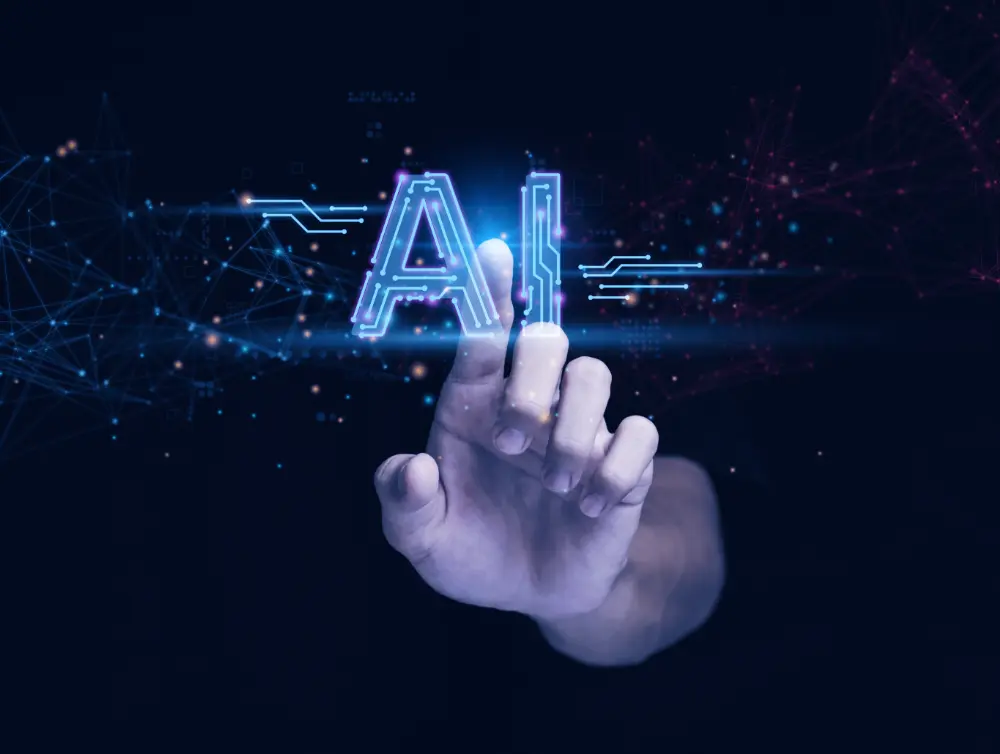Data analytics is the process of transforming raw data into meaningful insights that can help businesses make better decisions. However, data analytics can be challenging and time-consuming, especially when dealing with large and complex data sets. That’s where generative AI might be very useful in the future.
Generative AI is a branch of artificial intelligence that can create new data or content based on existing data or content. For example, generative AI can produce realistic images, text, audio, or video from scratch or by modifying existing ones. Generative AI can also be applied to data analytics, enabling new and innovative ways of exploring, visualizing, and reporting data.
In this blog post, we will look at some of the use cases and benefits of generative AI for data analytics, as well as some of the challenges and limitations.
Use Cases of Generative AI for Data Analytics
Generative AI can be used for various purposes in data analytics, such as:
- Data exploration: Generative AI can enable users to ask questions about their data in natural language and receive answers in real-time.This makes data exploration more accessible and intuitive for users with different levels of technical expertise.
- Data visualization: Generative AI can also help users create and customize data visualizations and charts based on their preferences and needs. For example, Bard is a tool that allows users to generate charts by describing them in natural language, such as “a bar chart showing revenue by month” or “a pie chart showing market share by product”. The tool then uses a generative AI model to produce the desired chart and allows users to further modify it by adding filters, labels, colors, etc.
- Data analysis: Generative AI can also automate the end-to-end process of data analysis and report generation.
- Data synthesis: Generative AI can also create synthetic data that mimics the characteristics and patterns of real data. This can be useful for augmenting existing data sets, testing hypotheses, protecting privacy, or generating new scenarios.
Benefits of Generative AI for Data Analytics
Generative AI can offer several benefits for data analytics, such as:
- Efficiency: Generative AI can reduce the time and effort required for data analytics tasks, such as querying, visualizing, analyzing, and reporting data. This can free up human resources for more strategic and creative tasks.
- Accuracy: Generative AI can leverage large amounts of data and advanced algorithms to generate accurate and reliable insights and recommendations. This can improve the quality and validity of data-driven decisions.
- Creativity: Generative AI can also generate novel and unexpected insights and solutions that humans may not think of or overlook. This can enhance the innovation and competitiveness of businesses.
- Accessibility: Generative AI can also make data analytics more accessible and user-friendly for a wider audience. Users with different backgrounds and skill levels can interact with data in natural language and get personalized and relevant results.
Challenges and Limitations of Generative AI for Data Analytics
Generative AI is not without its challenges and limitations, such as:
- Data quality: Generative AI relies on the quality and quantity of the input data to generate meaningful outputs. If the input data is incomplete, inaccurate, biased, or outdated, the output may be misleading or erroneous.
- Ethics: Generative AI also poses ethical risks, such as privacy breaches, identity theft, fraud, misinformation, or manipulation. Therefore, generative AI should be used responsibly and transparently, with proper safeguards and regulations in place.
- Human oversight: Generative AI should not replace human judgment or involvement in data analytics. Humans should still review and validate the outputs generated by generative AI models, as well as provide feedback and guidance to improve them. Humans should also understand the limitations and assumptions of generative AI models and use them with caution.
Conclusion
Generative AI is a powerful technology that can transform the way we do data analytics. It can enable new and innovative ways of exploring, visualizing, analyzing, and reporting data. It can also offer several benefits such as efficiency, accuracy, creativity, and accessibility. However, generative AI also has its challenges and limitations such as data quality, ethics, and human oversight. Therefore, generative AI should be used wisely and ethically, with proper human supervision and regulation.
